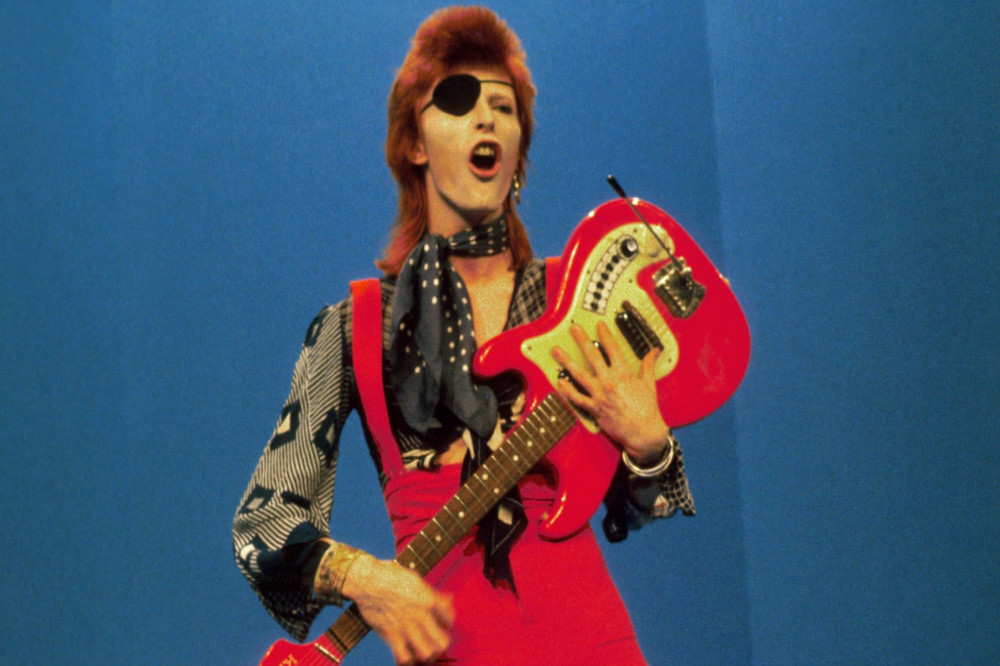David Bowie was dismissed by the BBC’s all-powerful 1960s ‘Talent Selection Group’ as an “amateur” act who fronted a band “devoid of personality”.

David Bowie was dismissed by the BBC’s all-powerful 1960s ‘Talent Selection Group’ as an ‘amateur’ act who fronted a band ‘devoid of personality’
Despite going on to feature in countless BBC specials and documentaries after he shot to fame with his 1969 hit ‘Space Oddity’, David spent years in the wilderness after the corporation’s tastemakers sneered over his performances.
David’s first unpleasant brush with the BBC’s talent scouts came on 2 November 1965 when his manager organised an addition for a TV spot for the singer’s band at the time, The Lower Third.
Upcoming book ‘Bowie at the BBC: A Life in Interviews’ reveals the Talent Selection Group reported about the band, which David fronted under his birth name of Dave Jones: “An inoffensive pleasant nothing… there is no entertainment in anything they do.”
Another member of the scouting panel, which made or broke careers by deciding who to feature on the BBC’s shows, added: “Group has nothing to recommend it.”
They branded David an “amateur sounding vocalist who sings wrong notes and out of tune.”
Other members of the group branded the band “not outstanding enough”, “not particularly exciting” – and most cuttingly “devoid of personality”.
Davie Jones as he was known when the report was written was 18 at the time.
Tom Hagler, author of ‘Bowie at the BBC’, said: “I think it was a make-or-break thing.
“The BBC pretty much had a monopoly on the nation’s airways. I think there were seven people (on the panel) – the great and the good and just some ordinary people. Only two gave them a hit and five said no, not good enough to go on the airwaves.”
David struggled from the age of 15 to break into showbiz, when he launched a series of R and B bands.
He quit technical college at 16 and told his mum he was on a mission to become a pop star.
It wasn’t until his tribute to Stanley Kubrick’s ‘2001: A Space Odyssey’ – his ‘Space Oddity’ classic – made the Top 10 in the UK charts around the time of the 1969 moon landing that the BBC started to take him seriously.
He had DJ John Peel in his corner, and in apparent revenge for years of snubs when he appeared on the Dave Lee Travis Show in 1969 he refused to play ‘Space Oddity’, saying: “We’d need about five orchestras to get the right sound.”
‘Bowie at the BBC: A Life in Interviews’, out 14 September, collects David’s 35 chats over 40 years on BBC TV and radio shows.
A blurb for the book by Bowie expert and BBC journalist Tom Hagler says about the chats: “Each provides an illuminating snapshot of moments in a remarkable career. But read together, they offer a completely new take on Bowie himself, a first-person look at the rise and rise of a star.”
Tagged in David Bowie Stanley Kubrick

